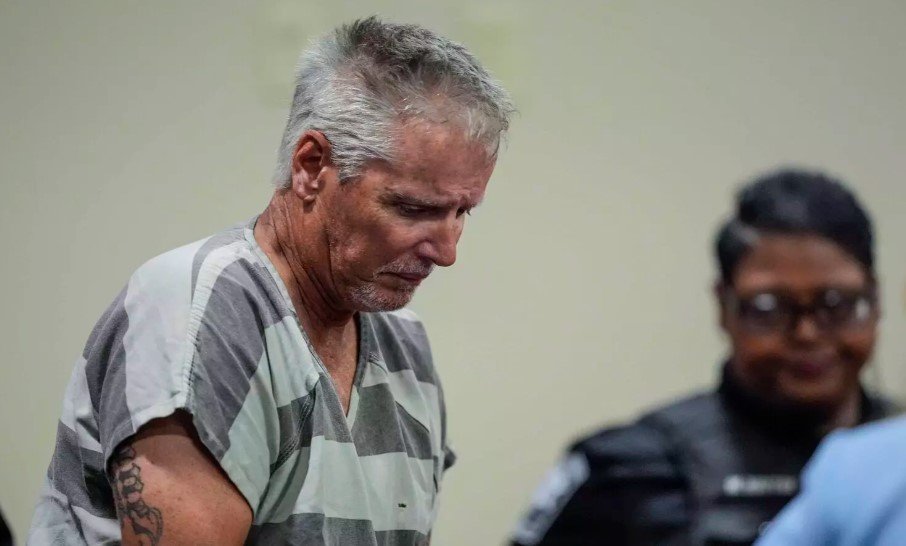The tragic shooting at Apalachee High School in Georgia last September, where four people were killed, has sparked a renewed debate among lawmakers about how to prevent future violence in schools. As the state’s annual legislative session opens, lawmakers are considering measures that would require agencies to share a broad range of student-related records—spanning education, child welfare, and juvenile court data.
The goal? To better identify and address potential threats before they escalate. With the shock still fresh from the September tragedy, Georgia legislators are under intense pressure to act. Some believe that if officials had been able to access more information about the 14-year-old accused in the shooting, the tragedy might have been prevented.
Lawmakers Push for Information Sharing
Georgia House Speaker Jon Burns and State Superintendent Richard Woods, both Republicans, are backing the idea of enhancing information sharing among state agencies. They argue that combining data from various sources, such as school records and juvenile court involvement, would give officials a better picture of students at risk for violent behavior.
At a recent school safety forum, Woods posed a pressing question: “How do we share that with our sister agencies so we can have a red flag system, so that for kids or situations we need to know about, that needs to be looked at?” His comments reflect the desire for a more coordinated, data-driven approach to identifying threats in Georgia’s schools.

The proposal would create a system to identify students who may pose a danger to themselves or others. This could include sharing data about students who have been involved in child welfare cases or those with histories in the juvenile court system. Lawmakers argue that this information could serve as an early warning system, enabling authorities to step in before violence occurs.
However, privacy concerns are already being raised by advocates, who warn that such systems could lead to overreach. They argue that collecting and sharing sensitive information about students could inadvertently violate privacy rights and disproportionately affect marginalized groups.
Privacy Concerns and the Risk of False Flags
One of the most vocal opponents to the idea of sharing student records is Amelia Vance, president of the Public Interest Privacy Center. Vance argues that there is little evidence to suggest that profiling students based on their records will lead to better prevention of school violence. In fact, she warns, such a system could create an overwhelming number of false alarms.
Vance explains that using data to identify students who may be at risk for violence could result in misidentifications, especially if the data includes discriminatory information. For example, students with disabilities or those with involvement in social services might be flagged more often than others, despite not actually posing a threat.
“You will overwhelmingly get false flags if you seek to profile students,” Vance said. “And those false flags will often be based on discriminatory information—students with disabilities, students who have disproportionate or any interactions with social services.”
Moreover, federal law enforcement agencies have found that it is nearly impossible to reliably predict violent behavior using such data. The issue, Vance argues, lies in focusing on the wrong indicators and relying too heavily on historical records rather than real-time behaviors. In her view, a better approach would be to focus on identifying warning signs such as threats or actions to acquire weapons, rather than relying on potentially inaccurate data from the past.
Other Proposals on the Table
While information sharing is one of the more controversial ideas being considered, it is not the only measure on the table in Georgia. Lawmakers from both sides of the political spectrum are pushing for additional steps to improve school safety.
For example, there are calls to allocate more funding for police officers in schools and to hire additional counselors, social workers, and mental health professionals. Advocates for these measures argue that school environments need more support to help identify and address students’ needs before they escalate into violence.
Additionally, some legislators are calling for the implementation of new technology in schools, such as mobile panic buttons and advanced gun detection systems. These measures aim to make schools safer by enabling a faster response in the event of an emergency.
On the other side of the debate, Georgia Democrats are pushing for stricter gun control measures, including efforts to limit children’s access to firearms. However, Republican lawmakers are resistant to any efforts to restrict gun rights, emphasizing the need for more security measures rather than changes to gun laws.
Moving Forward: The Road to Consensus
As Georgia lawmakers convene for their annual session, it’s clear that the debate over school safety will be a central issue. While the idea of expanding information sharing remains divisive, it is part of a larger conversation about how best to protect students from harm. With the memory of the Apalachee High School shooting still fresh in many minds, the pressure to act is mounting.
However, finding a balance between ensuring safety and protecting privacy will be one of the greatest challenges for Georgia lawmakers in the months ahead.
